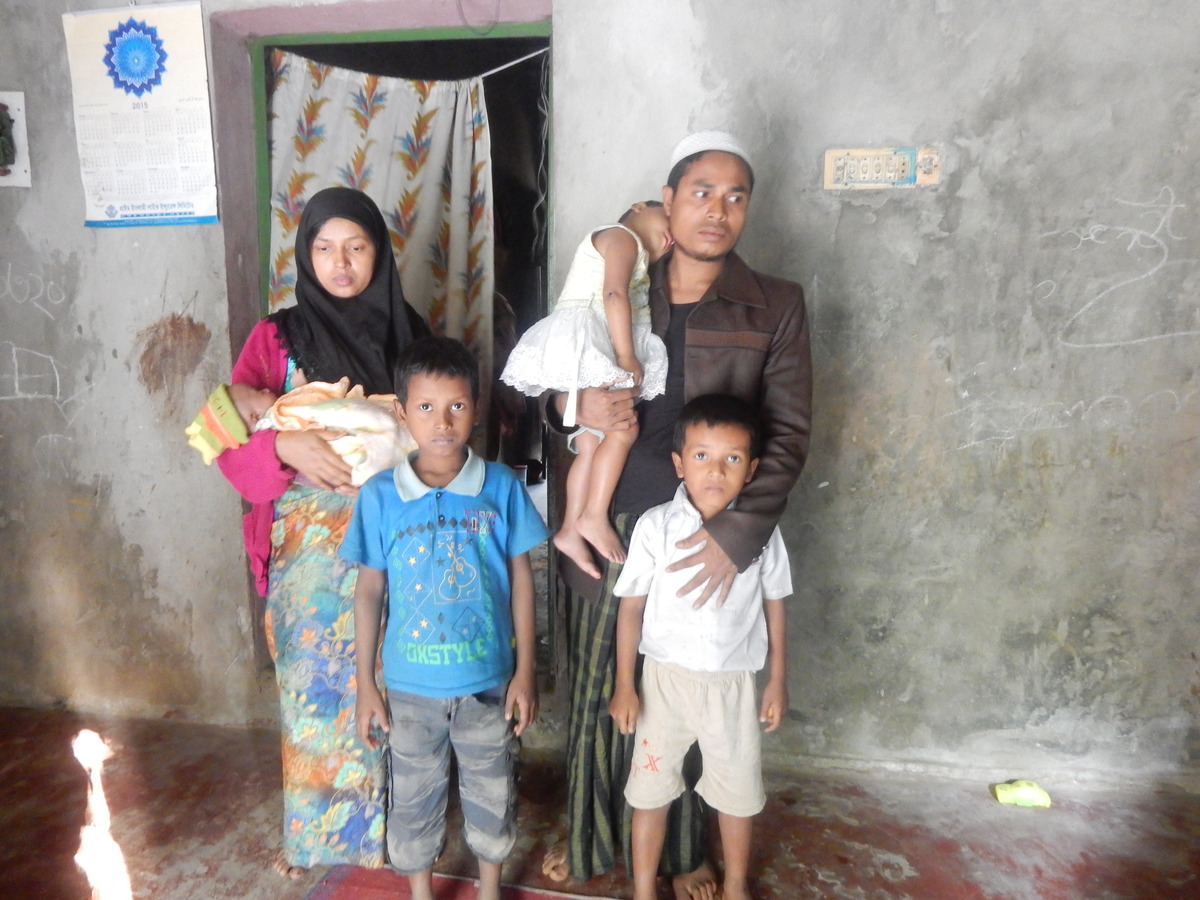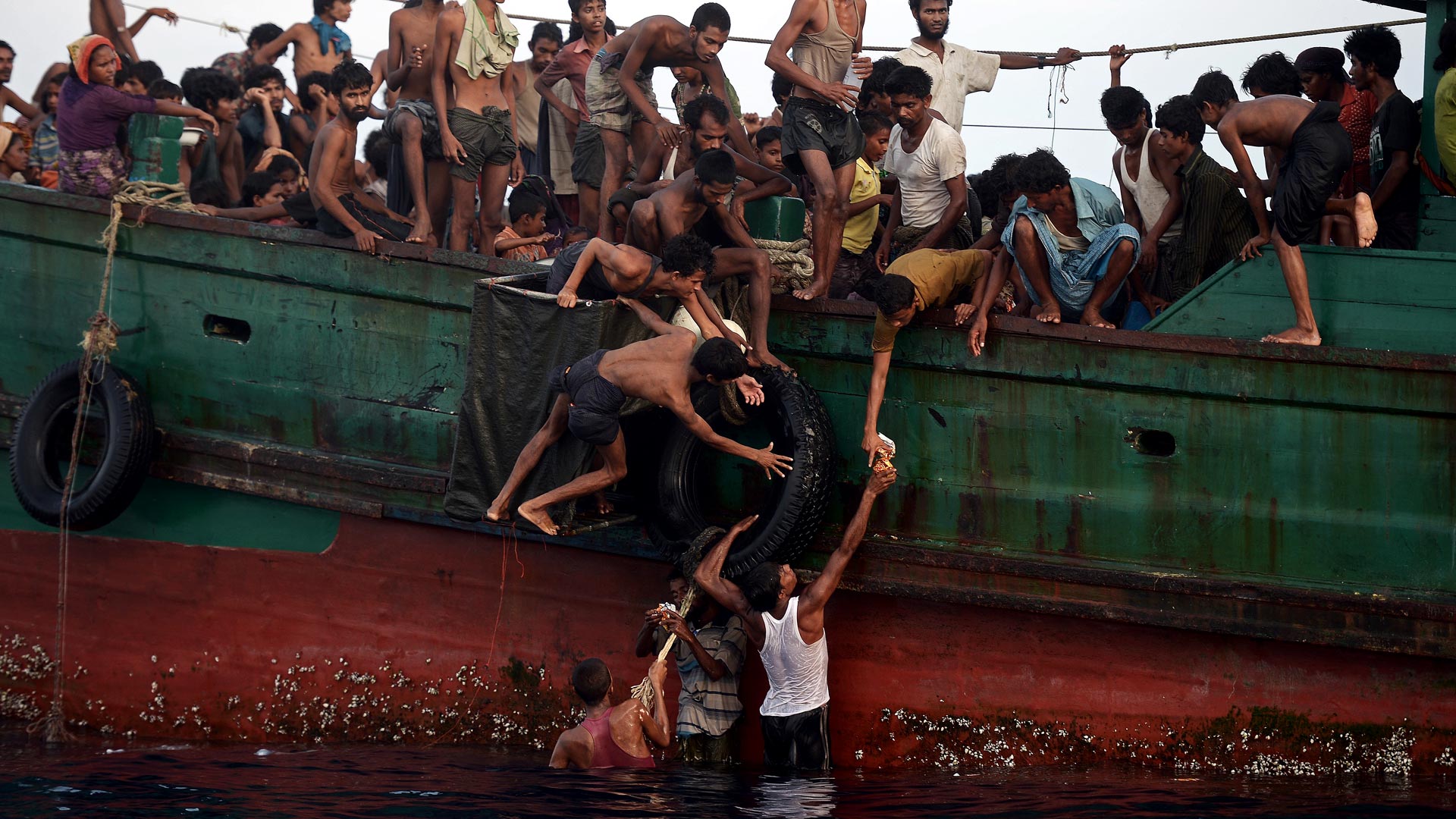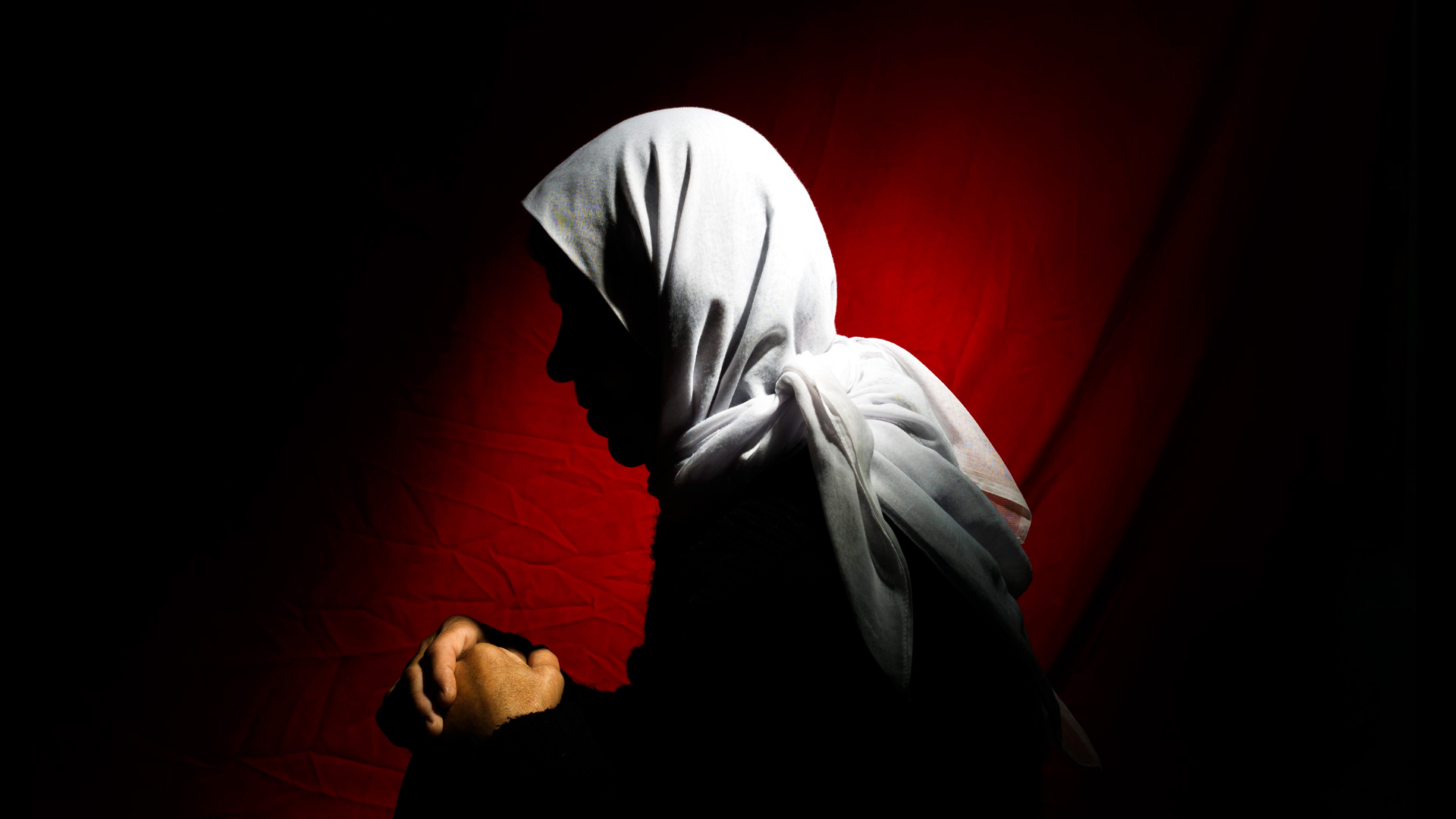Kosovo minorities still need international protection, says UNHCR
Kosovo minorities still need international protection, says UNHCR

GENEVA, Aug 24 (UNHCR) - The UN refugee agency today advised asylum countries that members of Kosovo's minority communities, as well as some other vulnerable groups, are still in need of international protection and should not be returned against their will, even if their asylum claims are rejected.
Nor is it appropriate to send them into alternative displacement in other parts of Serbia and Montenegro, according to a separate UNHCR position paper issued simultaneously with the protection advice and a detailed 62-page report on the situation of minorities in Kosovo during the period January 2003 to April 2004.
The report contains a list of 145 separate incidents - excluding the major period of civil unrest that took place in mid-March of this year, which is covered by a separate appendix. Incidents apparently targeted at members of minorities range from stone-throwing to a number of brutal murders and other extremely violent assaults, involving shooting, grenade attacks and arson.
In general, the report says, the number of such incidents aimed at members of the Roma, Ashkaelia, Egyptian, Bosniak and Gorani minorities was declining during the period January 2003 to early March 2004. However, this positive trend was shattered by several killings of Kosovo Serbs during the second half of 2003 and the first few months of 2004. In all, 12 Kosovo Serbs were murdered between January and November 2003, compared to five during the whole of 2002.
A number of the most shocking incidents, including killings, were perpetrated against elderly Serbs: On May 21, 2003, for example, a 90-year-old Serb man was severely beaten by four Albanian youths, and hospitalised with severe head injuries. Two weeks later, a Serb couple aged 80 and 78 were murdered in their beds along with their 53-year-old son. Then their house was burned down. Both guns and a heavy blunt instrument were used in the killings.
On August 17, an 81-year-old Serb woman was treated in hospital after being sexually assaulted. Three months later, the same woman was hit by a car, apparently deliberately, in front of the local UNMIK building. In October, a 75-year-old Serb woman died in hospital after being shot four times by an Albanian man illegally occupying her house. And on November 8, a 70-year-old Serb was assaulted by six people while working in his fields. After being badly beaten, he was stuffed in a sack and thrown in the river. Miraculously, he survived after being rescued and taken to hospital with head injuries.
Examples of attacks on other minority groups include an Ashkaelia family who were attacked for the ninth time, when a grenade was thrown in their garden on July 21, 2003, and a Roma boy who was attacked by an unknown assailant who poured gasoline on his face, and set him on fire. Albanians living in Serb-dominated areas in parts of northern Kosovo, including the divided city of Mitrovice/a, also suffered a number of violent attacks.
The fragile nature of the decrease in inter-ethnic tensions in recent years was fully exposed by the unexpected explosion of violence that began on March 17, 2004 and continued for three full days before being brought under control. In all during this brief period, 20 people were killed, and more than 950 were injured. Initial assessments estimated that at least 730 houses or apartments belonging to minorities were damaged or destroyed, as well as 36 churches, monasteries, other religious sites and public buildings catering for minorities.
The violence spread rapidly to all regions of Kosovo resulting in displacement among all minority communities. By March 23, a total of more than 4,100 Serb, Roma, Ashkaelia, Egyptian and Albanian minority community members had been displaced. About 2,300 of them are still displaced five months later. Although not directly targeted, some Bosniaks and Gorani also felt sufficiently at risk to leave their homes as a precaution, or were evacuated by police to safer places.
On a more positive note, the report cites some examples where majority Albanian communities actively intervened to prevent attacks on minorities.
In the light of all this information, UNHCR concludes that there is clearly a continued need for international protection for asylum seekers belonging to Kosovo minority groups, especially Serbs, Roma, Ashkaelia and Egyptians. A few selected groups of Kosovo Albanians are also in need of international protection, including those in mixed marriages and some perceived to have been associated with the Serbian regime prior to 1999, in addition to those living as minorities in some parts of northern Kosovo.
UNHCR is aware of a number of Bosniaks, Ashkaelians and Egyptians who have been sent back, against their will, by several European countries. There have even been a few cases of Serbs and Roma - the two groups most at risk - being returned involuntarily. Some of those returned in this manner have subsequently moved away to neighbouring countries.
During the March disturbances, some Ashkaelian forced returnees had to be evacuated along with the rest of their community, after two mobs descended on their neighbourhood. One mob burned down the church and desecrated the cemetery, then joined the other which was looting the Ashkaelian houses. After the Ashkaelians were evacuated, 67 of their houses were burned.
In the position paper on international protection needs, UNHCR has also highlighted its view that individuals in a particularly vulnerable situation - for example people with severe physical or mental illnesses and some categories of elderly people and separated children - should not be returned by states, given the inadequate standards of health care and social welfare situations available in Kosovo.
UNHCR for the first time issued a separate position paper addressing the question of whether or not members of Kosovo minorities could be sent back to other parts of Serbia and Montenegro, and said that it believed the implementation of such returns would not be reasonable except in exceptional cases when justified by the individual circumstances of the person concerned.
In coming to this conclusion, the agency cites the serious legal difficulties facing displaced people from Kosovo in other parts of Serbia and Montenegro, including those already living there as internally displaced people (IDPs). These are particularly acute in the case of people from Kosovo who are forcibly returned from third countries, including ones where they have sought asylum. In addition, many of the 220,000 Kosovo IDPs already in Serbia and Montenegro are facing considerable hardship. IDPs from the Roma, Ashkaelia and Egyptian minorities are often marginalised, or actively discriminated against, and unable to find employment.
Finally, the UNHCR paper reminds asylum countries considering the forced return of people from Kosovo to other parts of Serbia and Montenegro, that UN Security Council Resolution 1244, of June 10, 1999, talks specifically of assuring the safe and unimpeded return of all refugees and displaced persons "to their homes in Kosovo."
The UNHCR paper also says that the "denial of refugee status on the basis of the internal flight or relocation concept may be interpreted as condoning the new ethnic reality on the ground, and hence negatively impact on the safe and unimpeded return to their homes of those minority members who wish to do so."
Nevertheless, while confidence in the fragile minority return process has clearly been damaged by the violent rioting in March, small scale voluntary return of minorities is continuing, and UNHCR continues to support such voluntary returns to Kosovo, provided they are based on a free and informed decision by the individuals concerned. A total of nearly 11,000 minority members have returned to their homes since 1999, including more than 3,800 last year. About 1,030 have returned so far in 2004, which would suggest the yearly total will be much lower than in 2003.
Most Serbs who have returned have done so to exclusively Serb communities rather than to mixed ones.








